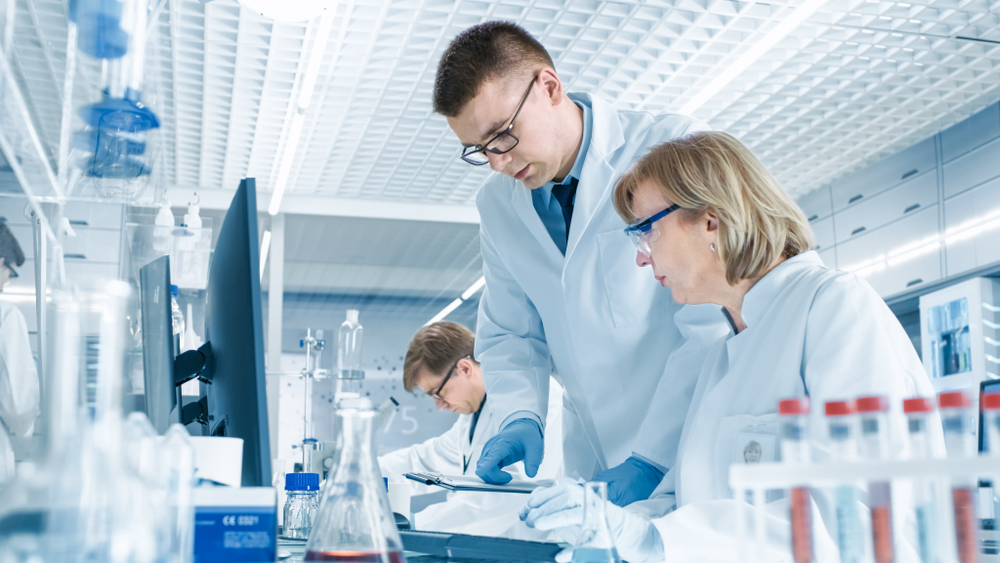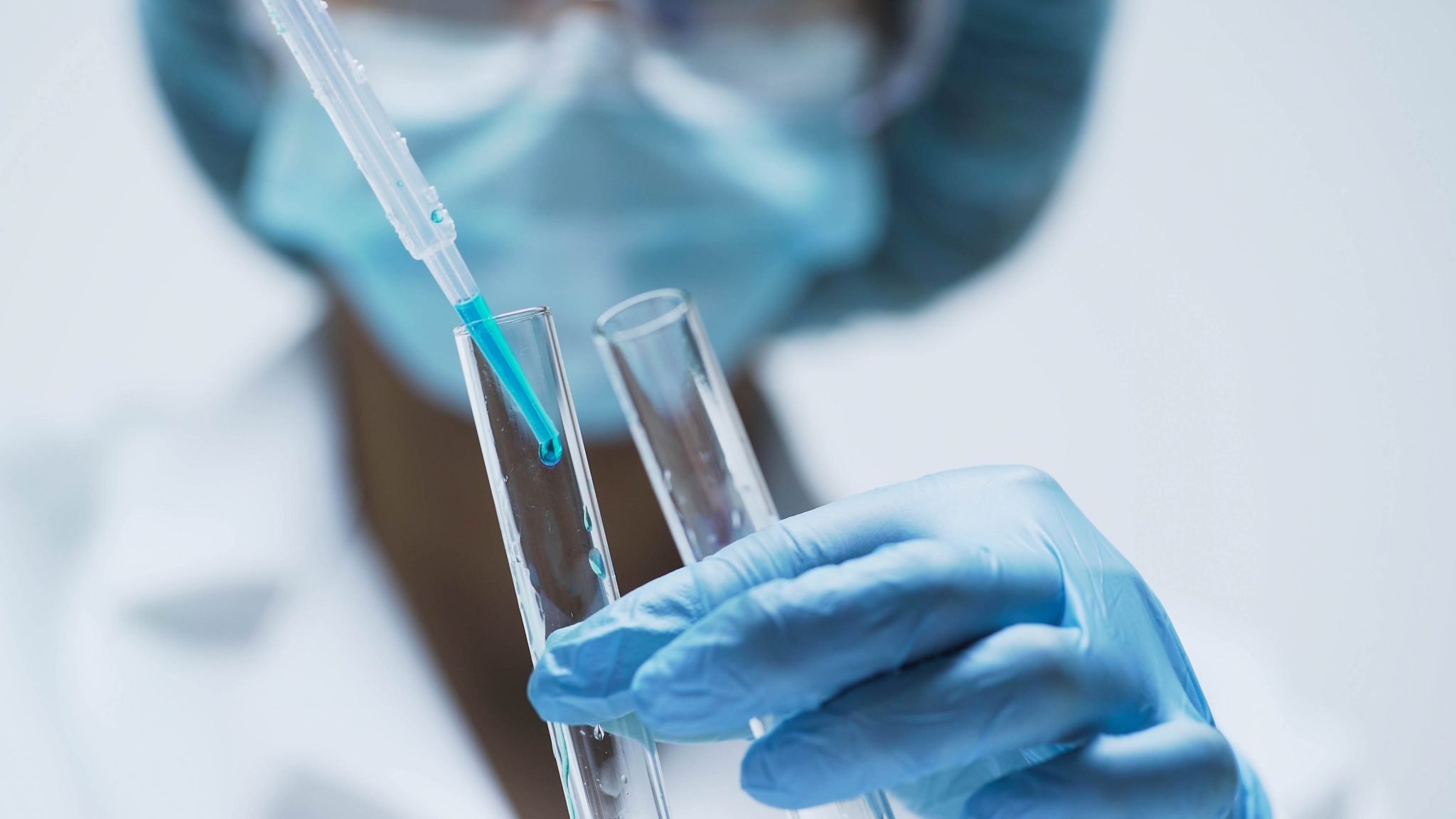Our approach to sustainable solutions for agriculture and nutrition aligns with the UN SDG2 (Zero Hunger) which States that agriculture systems worldwide must become more productive and less wasteful. Sustainable agricultural practices and food systems, including both production and consumption, are part of a holistic and integrated perspective.
Land, healthy soils, water, and plant genetic resources are key inputs into food production, and their growing scarcity in many parts of the world makes it imperative to use and manage them sustainably. Boosting yields on existing agricultural lands, including restoration of degraded lands, through sustainable agricultural practices would also relieve pressure to clear forests for agricultural production. Wise management of scarce water through improved irrigation and storage technologies, combined with development of new drought-resistant crop varieties, can contribute to sustaining drylands productivity.
Considering our contribution to food security, improved productivity and sustainable agriculture, our overall sustainable solutions account to above 50% of our revenue. ICL is also using the SASB approach to follow our scope of products that are Designed for Use-phase Efficiency (SASB definition RT-CH-410a.a). The methodology defines these as products designed to increase resource efficiency through their use and that can be shown to improve energy efficiency, eliminate or lower greenhouse gas (GHG) emissions, reduce raw materials consumption, increase product longevity, and/or reduce water consumption. In reviewing this approach, we conclude that approximately 23% of ICL’s revenues are currently derived from sales of products that enable use-phase efficiency.








